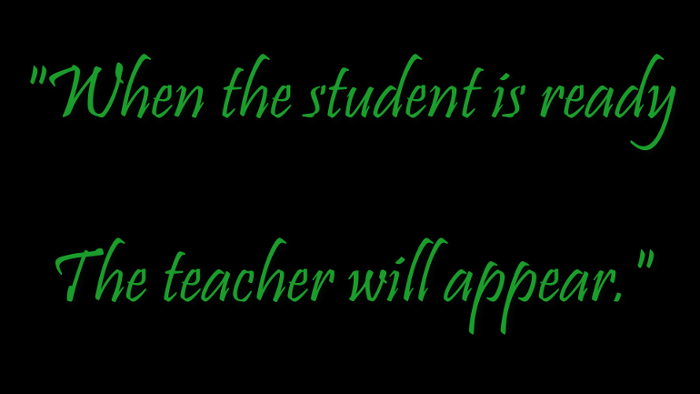I’m a flute teacher and I have a method and style that is all my own. You could probably say I’m a mixture of all the teachers I’ve had in the past with some of me thrown in. Isn’t that what you are?
Every teacher has their own style. But sometimes our teaching style doesn’t always work for every student. I feel that I’m pretty easy going.That is my personality style. But low-and-behold my personality style doesn’t give everyone of my students a warm fuzzy feeling that spurs them on to superior performance through determination and hard work.
However, there have been very few students through the years that just didn’t buy what I was selling. Very few.
From a teachers point of view, when my student just wont accept my instruction, it is both distressing and motivating – for me. I always approach that particular type of stubborn student with the intention of discovering how I can reach them. Can I learn what makes them tick? What is their personality style? What will they respond to? Then I will mold my instruction methods into an approach that might help me to reach this particular student.
Don’t you bend over backward to reach your students – to help them become better flutists?
FOR THE STUDENT
What does a student do when they realize that the teacher they have chosen to study with at college is not what they expected?
Let me be blunt: you’ve made your decision.
While you’re at this school you better do your best to look at that teacher every week and figure out what you can learn from them. They earned their degrees; the college hired them; you were accepted into the program. Until you transfer or graduate, be present.
Nothing can be gained from attending lessons week after week with a bad attitude.That attitude will prevent you from gleaning skills from a different perspective that will help you to be a better player and a better teacher. It does not benefit you to be argumentative with your teacher. Nor does it help to be oh-so-polite but then never practice what the teacher asks of you. Believe me, teachers know when a student is being polite, but then not practicing what has been asked. The tension in the air is always felt, even when the student tries to hide it.
Most teachers appreciate when a student engages them in respectful questioning. I like when I can answer a student’s questions. Both of us learn. Attitude is the thin line that separates polite respectful questioning from disrespect.
I’ve had private students who have come back after their first semester of college just miserable because the college professor’s methods are so different (usually pertaining to breathing and tone) from what they have learned from me.
I give them their only two choices:
Either buck up and learn from this teacher, or transfer to a new school.
There is no wiggle-room. If they choose to stay at this college, with this teacher, they eventually discover that there are in fact multiple methods by which they can learn and grow into a proficient thriving flutist and/or flute teacher. In fact, I believe that every teacher can give a student new and different tools to put in their tool box. Then, when needed they can pull out the correct tool for the occasion. These tools may also be helpful when the student becomes a teacher with students of their own who have different personalities and learning styles. All these tools will make them a better teacher.
If you are in a situation where you bucking against your teacher’s methods, decide right now to figure out how learn from them. Go into lessons with a changed attitude, be respectful, question politely with an attitude of learning, and then go home and practice these techniques. You will be pleasantly surprised that your skills will improve and your relationship with your teacher will improve too.
Now go analyze your own attitude and be intentional about changing it!
Doctor Flute
